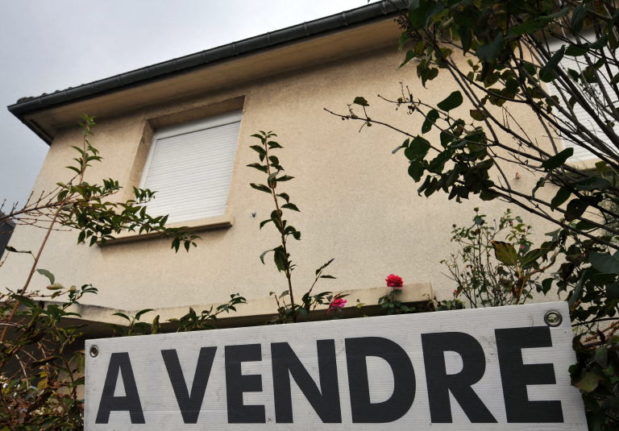The region’s Family Planning clinic alerted the Order of Pharmacists to the problem after being contacted by a doctor who they worked with.
“We were contacted in January by a doctor whose clients had been refused prescribed contraceptives,” said Annie Carrareto, manager of the Family Planning clinic in the Gironde region, told AFP.
The clinic sent two of its members to test the claim, and they too were refused an IUD and a morning-after pill, despite having prescriptions. “The employee then explained that his boss would not sell this type of product,” said Carrareto.
The Pharmacie Pichon is the only pharmacy serving the 2,200 residents of Salleboeuf, a village in l'Entre-deux-Mers in south-western France.
The Order of Pharmacists has announced that the 38-year-old will be suspended from work for one week after being informed by the clinic.
In fact, it is the second time Pichon has been in hot water for refusing to provide contraceptives.
In 1995, the pharmacist was fined 5,000 francs by the court of Bordeaux in 1995 for refusing to sell condoms and contraceptives.
At that time, he took his case unsuccessfully to the Court of Appeal, Court of Cassation and European Court of Human Rights. Local newspaper Sud-Ouest reported that the ECHR had stated that “he could not invoke his religious beliefs to justify the refusal”.
When The Local contacted the pharmacy, Pichon was not at work. A colleague confirmed the story but was unable to comment further.
Pichon had on Wednesday told MetroNews that “it is not for religious reasons” that he refused to sell contraceptives, but did not explain his motive.
By law, pharmacists may only refuse to provide a prescribed medicine if doing so is necessary for the patient's health – and if this is the case, they must write their refusal and reasons on the medical prescription.
France's Minister of Health, Marisol Touraine, said on Twitter that she was “shocked” by the case.
Choquée qu'un pharmacien ose encore refuser la contraception à des femmes. Honteux. Le combat pour la contraception toujours d'actualité.
— Marisol Touraine (@MarisolTouraine) March 16, 2016
“Shocked that a pharmacist still dares to refuse women contraception. Shameful. The fight for contraception still in the present day.”


 Please whitelist us to continue reading.
Please whitelist us to continue reading.
Member comments